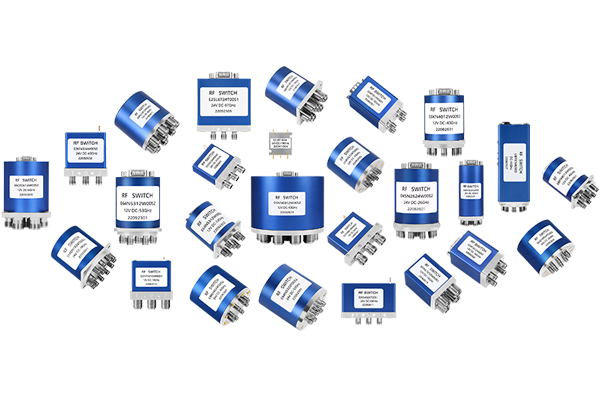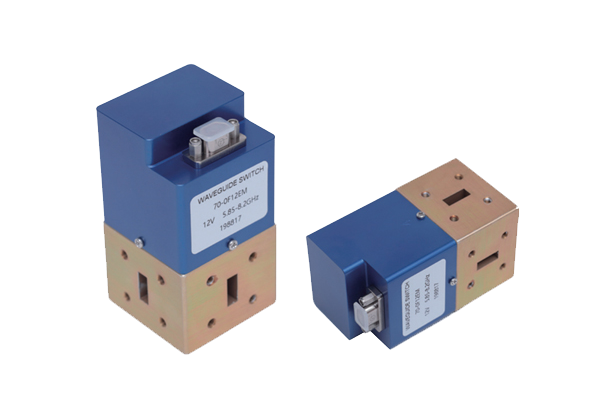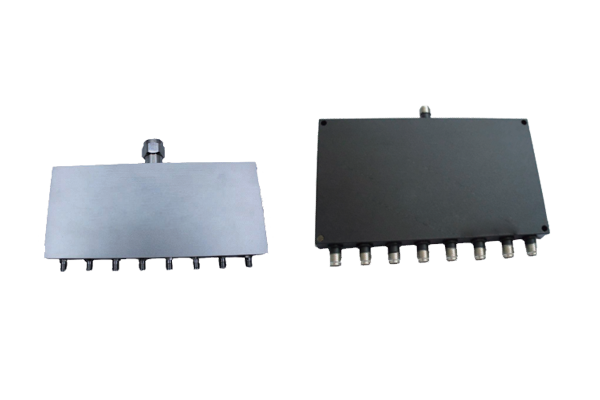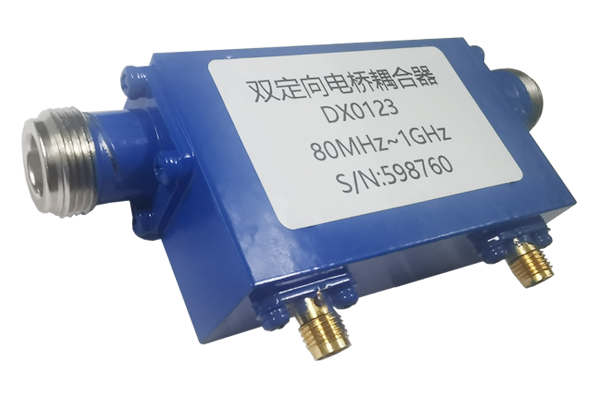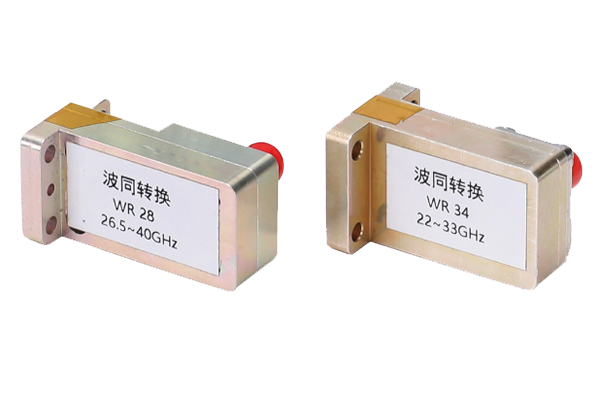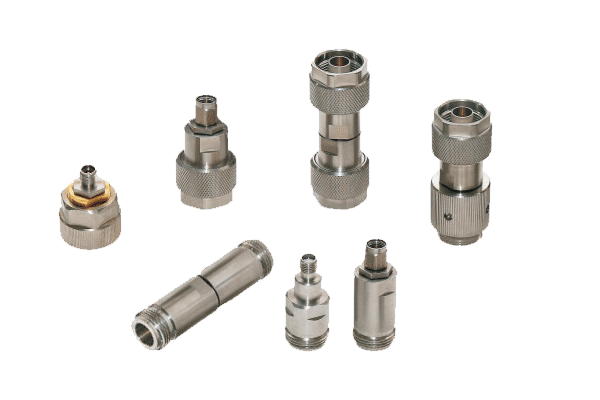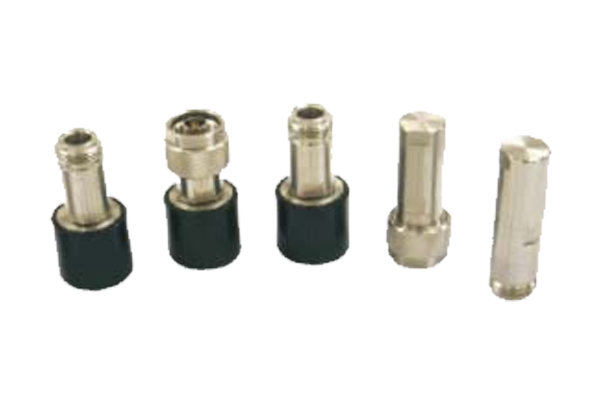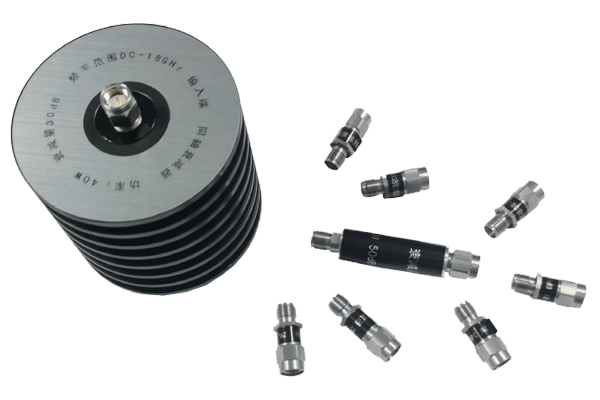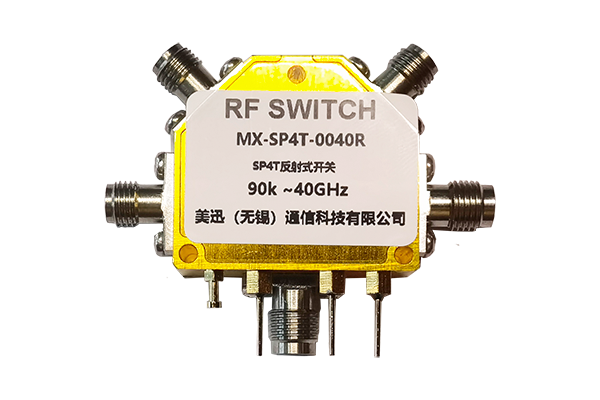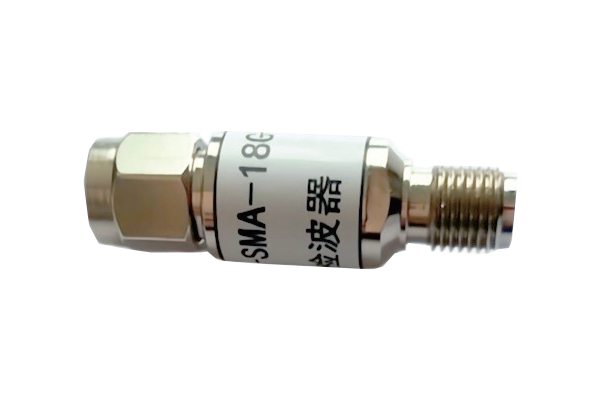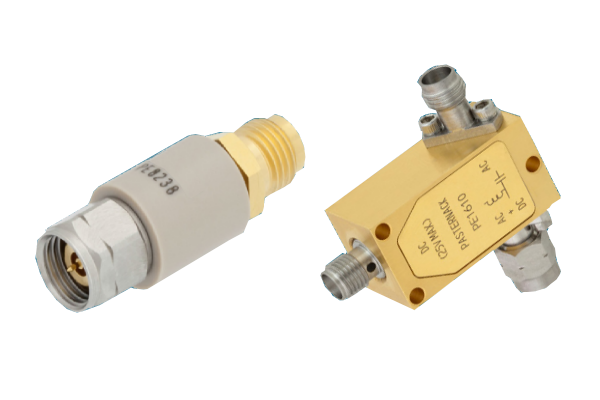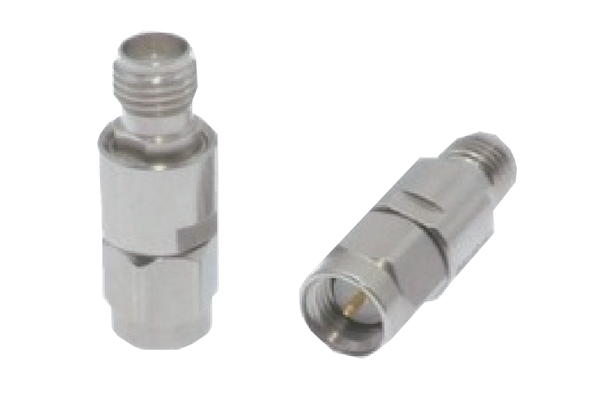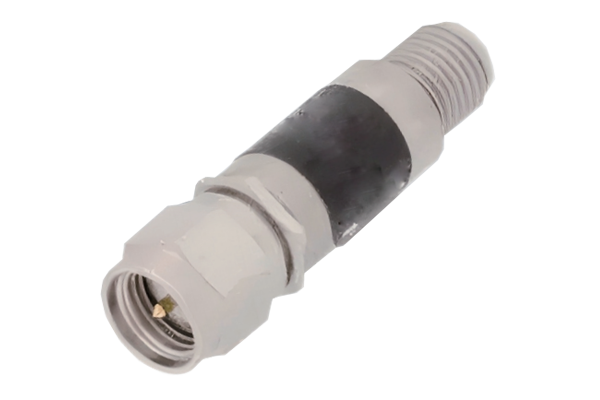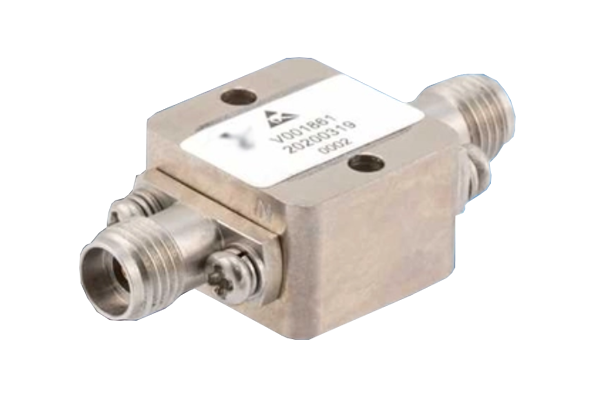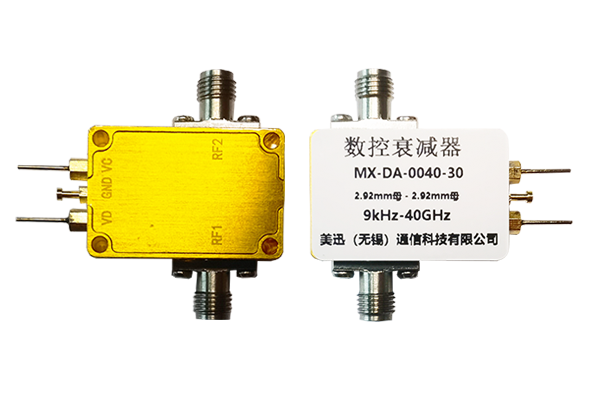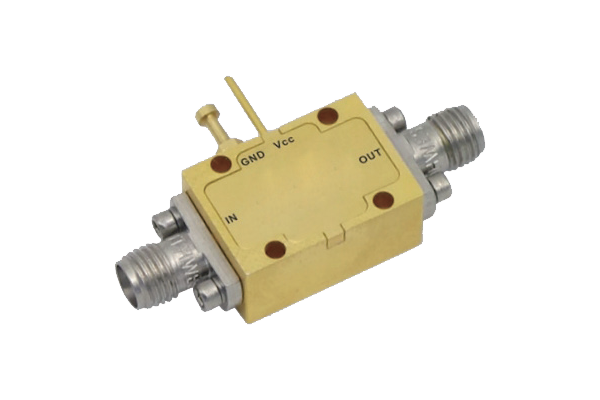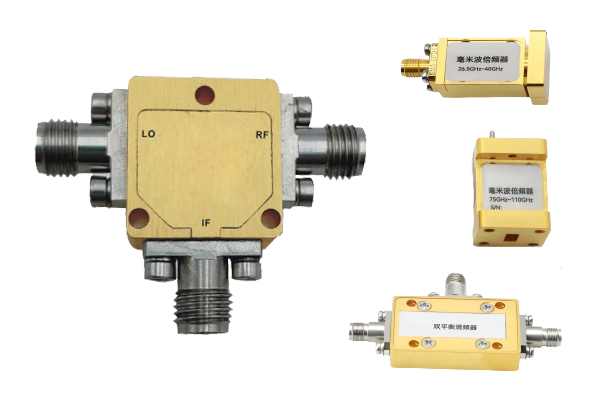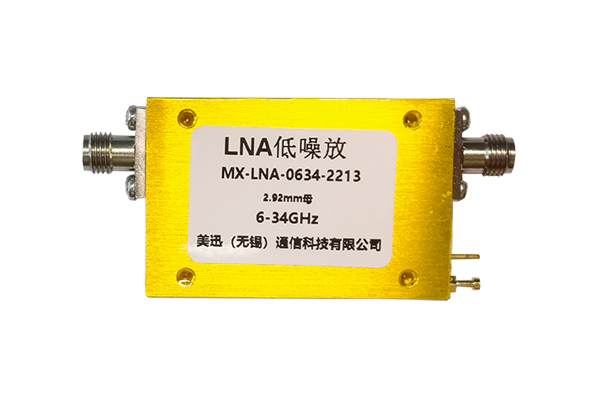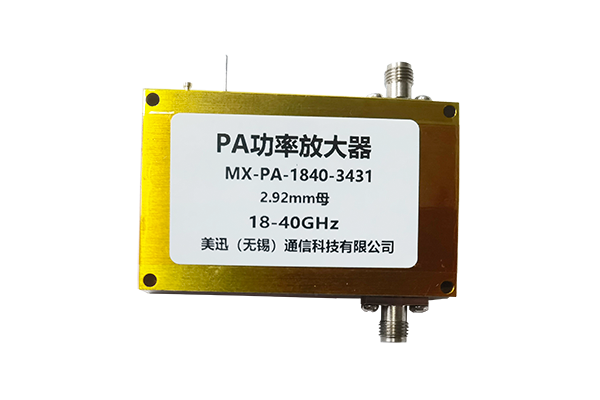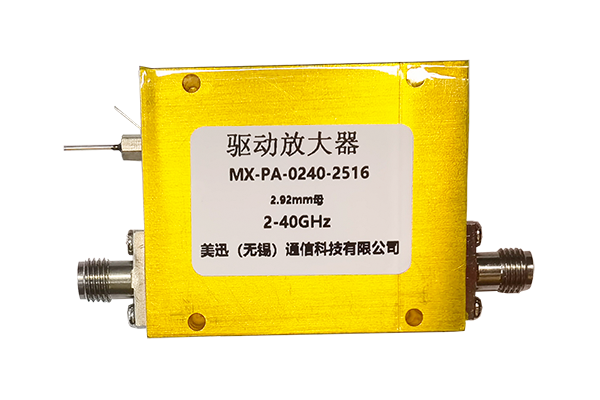How does the environment affect the performance of RF coupler
Environmental Impact on RF Coupler Performance
The performance of an RF coupler is significantly influenced by environmental conditions, as its electrical and mechanical properties are sensitive to external factors.
Temperature Fluctuations
Extreme temperatures affect coupler materials and performance:
- High temperatures degrade dielectric materials and increase conductor resistance
- Extreme cold makes materials brittle and alters impedance matching
- Thermal cycling creates stress in solder joints and connectors
Humidity & Moisture
Water vapor and corrosion risks in different environments:
- Humidity causes corrosion of metal surfaces
- Water absorption distorts signal paths
- Salt-laden air accelerates corrosion in coastal areas
Vibration & Mechanical Stress
Physical stability challenges in demanding applications:
- Constant vibration loosens connectors and shifts components
- Shock impacts may crack dielectric substrates
- Misalignment disrupts signal paths and coupling ratios
Electromagnetic Interference (EMI)
Signal integrity challenges in dense electronic environments:
- EMI induces unwanted signals and crosstalk
- Nearby motors, transmitters create noise
- Particularly problematic in compact systems
Contaminants & Chemicals
Long-term accumulation and material degradation:
- Dust and dirt block heat dissipation
- Chemicals erode insulators and conductors
- Industrial environments present special challenges
Environmental factors like temperature, humidity, vibration, EMI, and contaminants directly impact the RF coupler's efficiency, reliability, and signal integrity, requiring robust design and protective measures for optimal performance.



